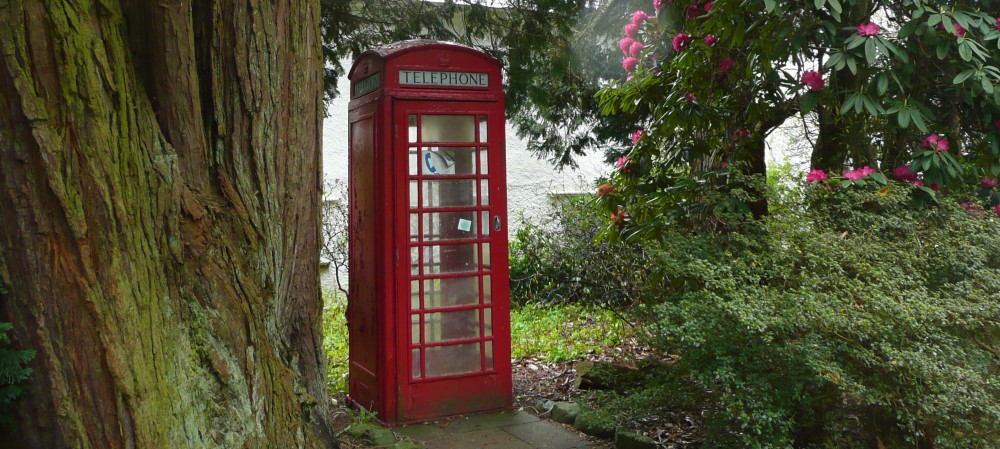‘Food’ is a topic that always comes up at some time during a course in various forms. Sometimes it is just a vocabulary issue: course members ask to review food vocabulary for example because they have guests from abroad and would like to explain their company’s menu. What we have often done was to simply get copies of the menu of the week and start translating, realizing how difficult even the translation of food vocabulary can sometimes be, especially when it comes to fancy menu names. (This would normally be the place where I would relate my famous food translation anecdote, but I will refrain from that for now, suffice it to say it involves turkeys and patrols).
And it’s always nice to have some pictures. Continue reading
